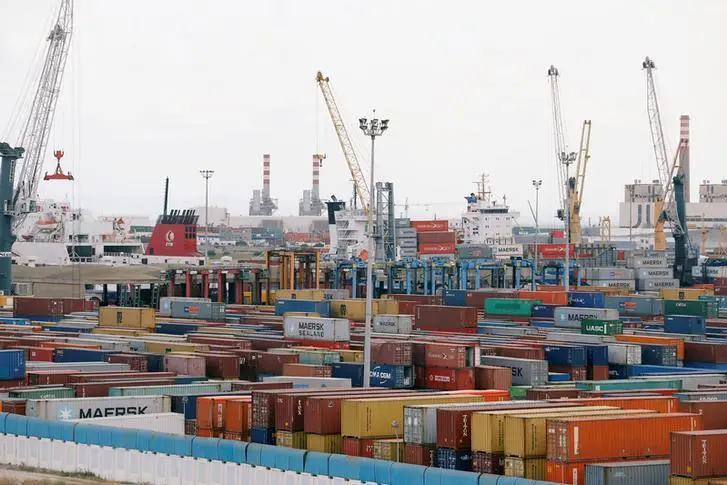PHOTO
TUNIS - Tunisia's GDP growth is expected to reach 2.5% in 2022 and 3.2% in 2023, according to the African Economic Outlook 2022 report, launched at the Annual Meetings of the AfDB Group on Wednesday in Accra, Ghana.
Inflation is forecast to be higher in 2022 owing to the Russia–Ukraine conflict, which has caused a surge in oil and food prices in global markets, and then come down in 2023 based on prudent monetary policy and easing of external inflationary tensions, said the report.
Projections also show a deterioration of the fiscal deficit and current account deficit in 2022, before an improvement in 2023. However, this outlook could worsen owing to the high risk of debt distress, which could have a negative impact on capital inflows and access to external financing.
“Further, political instability and slow reforms are leading to donor reluctance to support the country financially….The recovery might also be slowed by social tensions caused by rising prices in a difficult economic context for households, by a restrictive fiscal policy penalising public investments further, by loss of confidence among private investors, or by new COVID-19 variants. Restoration of sustainable public finances, careful debt management, and availability of staple foodstuffs at affordable prices will be necessary to mitigate risks.”
Tunisia 130th on Global Climate Risk Index
Tunisia is 130 on the 2021 Global Climate Risk Index (GCRI), said the report. The impact of climate change depletes water resources, and causes loss of biodiversity, coastal degradation, and desertification.
Agriculture, which is heavily dependent on erratic rainfall, is particularly vulnerable to water stress. More than 3,000 ha of urban coastal areas are under threat of flooding from rising sea levels.
Still, the country is making progress in reaching SDG 13 on climate action. To initiate its energy transition, it launched the Tunisian Solar Plan, which by 2030 aims to reduce carbon intensity by 41% relative to 2010 and attain a 30% share of RE in the energy mix—although implementation has been delayed.
“A Water 2050 study is being conducted and has proposed measures for adapting to water shortages. Yet, mobilising resources for climate funds has been weak because of a lack both of task-specific personnel in ministries and of responsible agencies.”
Current projects in the National Agency for Energy Management aim “to give the country instruments based on market mechanisms to combat climate change, such as a carbon tax, carbon tariffs, and credit lines. The cement and energy sectors would be particularly appropriate for testing these instruments.
Africa's GDP expected to decelerate to 4.1% in 2022
But growth in Africa is expected to decelerate to 4.1% in 2022 and stagnate at that level in 2023, due to the persistence of the pandemic and inflationary pressures caused by the war between Russia and Ukraine, the main suppliers of grain to the African continent.
In this regard, President of the African Development Bank, Akinwumi Adesina, stressed that the continent needs an urgent countercyclical policy response such as subsidies to mitigate the impact of higher food and energy costs
He recalled that the Bank responded swiftly, with the creation of the US$1.5 billion African Emergency Food Facility, approved last week, aimed at averting a potential food crisis.
“With bilateral and multilateral development partners, the private sector, and African governments working together, the continent will emerge stronger from the socioeconomic disruptions brought about by the triple effects of the COVID19 pandemic, the Russia-Ukraine conflict and climate change," said Adesina.
© Tap 2022 Provided by SyndiGate Media Inc. (Syndigate.info).




















